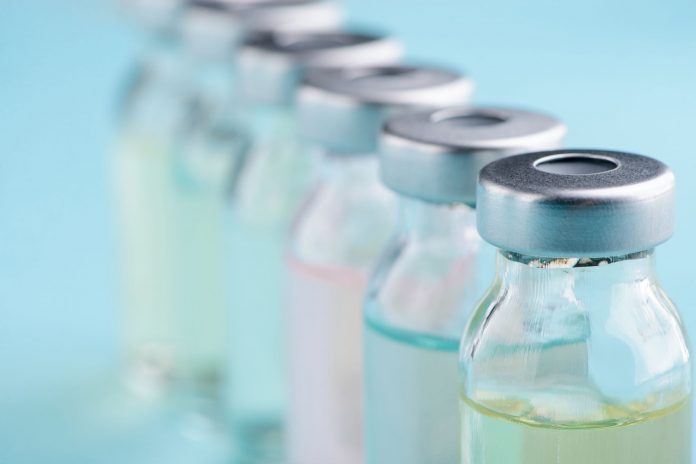At the time of peak lockdown, nearly 94 percent of the U.S. population was placed under stay-at-home orders to slow the spread of Covid-19. Currently, every state is working toward ending, or already has ended, their stay-at-home measures.
Lifting the lockdown has provided many benefits. Foremost, the U.S. economy climbed out of a severe downturn, adding nearly 2.5 million jobs and reducing the unemployment rate from 14.9 percent to 13.3 percent. Despite widespread predictions of a long recovery period, some are calling recent economic turmoil the shortest recession in U.S. history.
But many states are also experiencing an increase in Covid-19 cases as they roll back their lockdown measures. A recent Washington Post article notes that fourteen states and Puerto Rico hit their highest seven-day averages of new Covid-19 cases. The Center for Infectious Disease Research and Policy at the University of Minnesota finds similar increases in new Covid-19 cases across most of the country.
These findings are disheartening, but expected. As states reopen and civilians try to return to their “normal” lives, the chances of future outbreaks, and even a second wave of the virus, increase. As a candid Dr. Anthony Fauci recently expressed at a conference held by the Biotechnology Innovation Organization, “In a period of four months, it [Covid-19] has devastated the whole world… and it isn’t over yet.”
Unfortunately, only herd immunity or a Covid-19 vaccine can permanently end the pandemic. And while scientists have made considerable progress on developing a vaccine, many still estimate it will take anywhere from 2 to 10 years to complete.
Hoping to speed up the development process, President Trump launched Operation Warp Speed in April. The operation establishes a public-private partnership between several federal agencies and five hand-picked drug producers to develop and distribute a coronavirus vaccine by next January. Although described as a “Herculean task,” President Trump insists the operation is not overpromising and patriotically promised the coronavirus vaccine will be produced, “right here in the USA.”
Sparing no expense, the President is providing a “blank check” to fund the operation. And he’s put our money where his mouth is. Johnson and Johnson, Moderna, and AstraZeneca received over $2 billion in research support from Operation Warp Speed combined.
Although each of these companies have found early success in developing a vaccine, there are many concerns regarding how Operation Warp Speed is managed. Perhaps the biggest one is the potential for politics and special interests to corrupt the process of developing a Covid-19 vaccine.
Successfully avoiding corruption and squandered resources when forming a public-private partnership requires, at a minimum, coordinating the roles and responsibilities of all parties and developing careful controls to avoid conflicts of interest and wasting resources. But as one USA Today article notes:
How the operation functions, its budget, what power it has and what resources it controls have either not been determined or not been made public, which is a puzzlement to public health and vaccine policy experts.
In the absence of much needed structure, political connections between drug producers and federal regulators seem to be calling the shots. Several articles note numerous conflicts of interests and ethical concerns as federal agencies identified which drug producers to fund.
One of the greatest problems with letting the government choose winners and losers to receive federal funding is that when it picks incorrectly, resources are wasted, and potentially beneficial projects may never come to fruition.
Scientific endeavors, including developing a vaccine, are no exception. Consider the story of Dr. Peter Hotez.
In 2016, Dr. Hotez worked with a team of scientists at the Center for Vaccine Development at Texas Children’s Hospital to develop a promising vaccine for the 2006 SARS virus, which killed nearly 770 people in China. Unfortunately, Dr. Hotez and his team were unable to obtain enough financial support to begin testing their vaccine on humans.
Now, believing his vaccine would provide cross-protection against Covid-19, Dr. Hotez is asking for $3 million in federal funding to begin human testing ($480 million less than Moderna received for the same purpose). Despite promising clinical results, Dr. Hotez has yet to receive any federal support, and his vaccine is still “sitting in a freezer.”
Even when lesser-known drug developers and scientists do pioneering work, research funds still often find their way toward those more politically connected. Such is the frustration of Dr. Hotez and many others who believe, “There is a problem with the ecosystem in vaccine development, and we’ve got to fix this.”
Unfortunately, government funding is never immune to special interests. And the prospects for a vaccine are slim.
